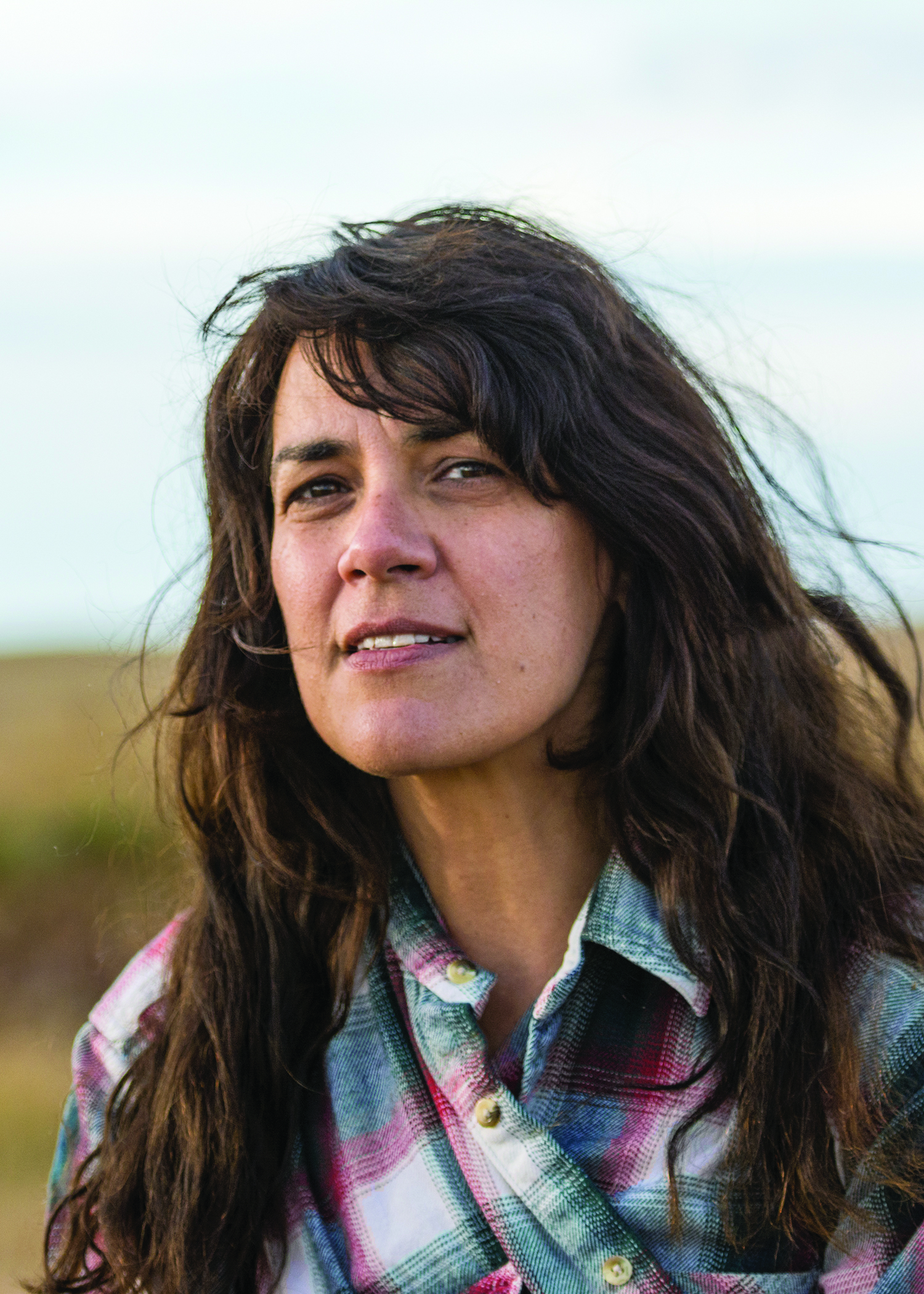Pilgrim of Necessity
Posted on September 21, 2018 by Maple Creek
BY MADONNA HAMEL
Through the smoke and heat we walked and laughed and winced. We marched, hobbled, sauntered and sallied forth over gravel, pebble, mud and grass. We sometimes sang and often pondered, and when left alone, we freely wept. I know, I did. And I know Sr. ReAnne did: She’d on occasion request space to be alone with her thoughts and tears and in so doing, reminded me to enter my own holy inner territory.
I had intended to spend my time in silence, reflecting on my life and how I wanted this last third of it to empty out. Emptying was my goal, not just over the four day walk from Mortlach to Gravelbourg, but for the rest of my days. The spiritual life is a process of subtraction, not addition, say the mystics. And, they add, this is achieved through silence. What better place to lessen an unnecessary load than on a dirt road, across a waving field, over a hill, looking down on a vast landscape of more grass and hills and the occasional muscular bull, for eight or so hours a day? And at the end of the day, commune with fellow pilgrims, match notes, revelations and blisters?
But, as on the last long walk from Wood Mountain to Fort Walsh, I was too excited to converse with my new pilgrim partners to stay hushed for long. Besides ReAnne I had the pleasure of walking with the Arch Bishop. We learned we shared favourite authors: Annie Dillard, Kathleen Norris, Chaim Potok. When I asked him about callings he suggested I read Dillard’s essay “Living Like Weasels” because it helped him get clear on his.
I admitted that I seem to talk a lot and have a hard time not-so-much listening as staying quiet long enough to hear. I often offer my “opinions”without being asked, which makes me a bit of a pain in the ass.
“Maybe that’s your calling, to be a pain, at least for Harold,” he indicated our 82 year-old geologist friend fast overtaking us.
“Oh she is always overwhelming me with the humanities angle on things. Like these rocks, ‘losing their way’ in the ice age,” laughs Harold.
“I simply pointed out that ‘erratic’ comes from the Latin ‘to err’, to get lost, wander off, go off trajectory. And then of course it makes me wonder if we didn’t ‘err’ by calling our ‘wanderings’ ‘sins’ instead of ‘errors’. To ‘err’ carries much less judgment than to ‘sin’. Sin implies wicked intention. Err implies getting lost.”
“You see what I mean?” Harold rolls his eyes.
In encounters as rich and delicious as these, with experts in their fields, I err in that I get so excited by the fellowship and the ideas generated and inspirations ignited I. Just. Don’t. Shut. Up. I want to hear what people believe and read and ponder over and worry about and aim for and imagine and feel. But I also want to test my theories and riff on my rhymes. I want to use this opportunity to brush shoulders with sharp minds and evolved hearts, among them Native teachers, archaeologists, English professors, ministers, musicians, ranchers and farmers.
There is something else at play here too, a deeper longing to see and be seen in the best light with the help of others’ eyes. Pilgrims in that way are witnesses. They can chose the “poisonous pedagogy” of the punitive church and old child-rearing manuals that looks at effusiveness as a signal to tame and restrain the wild child in us all or they can push us into our callings, lead us straight into the heart of nature and our natures, where the child awaits in the grass, the birds and open sky.


Leave a Reply
You must be logged in to post a comment.